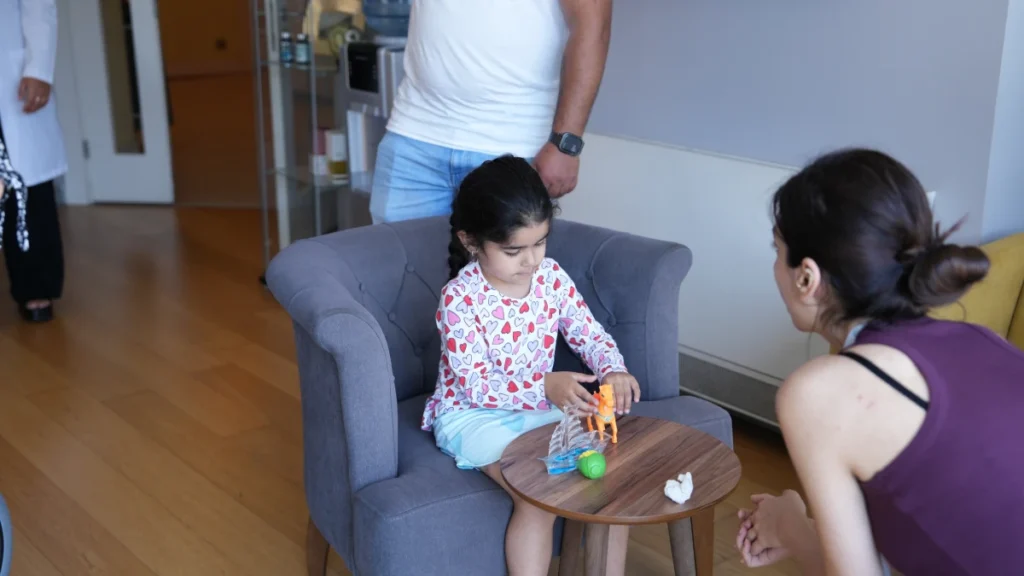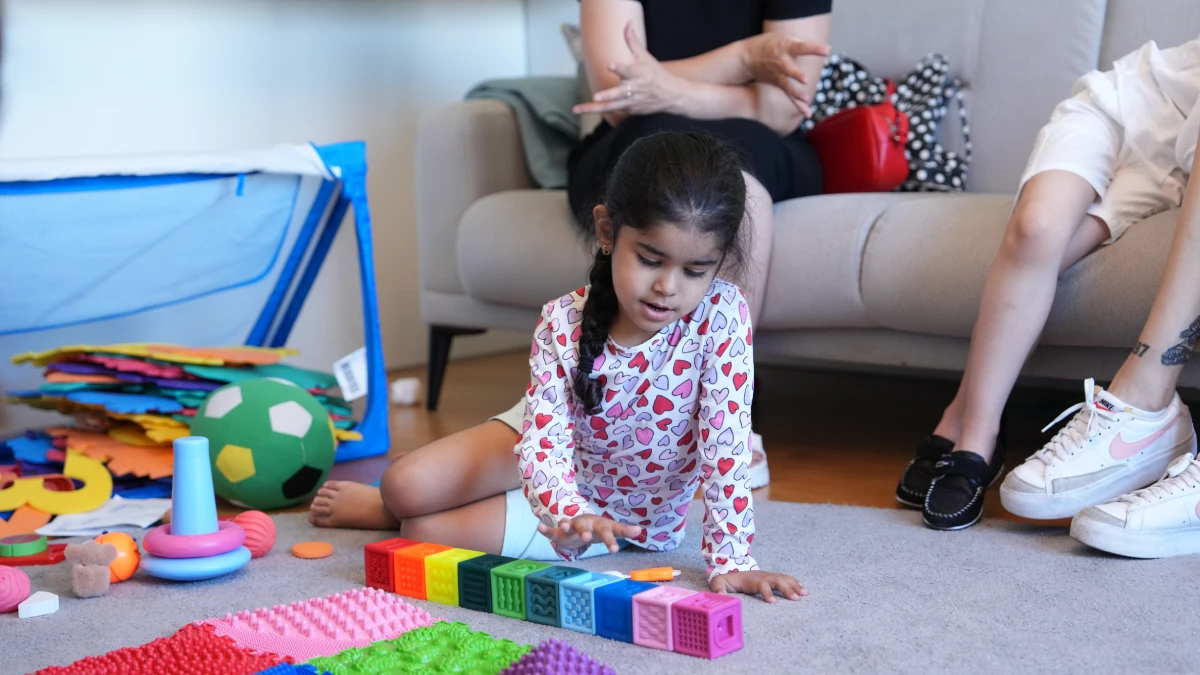Table of Contents
Understanding the Role of Toys in Autism
Choosing the right toys for children with autism can make a profound difference in their development and daily experiences. Parents often wonder which toys will most benefit their children, especially as they look to provide comfort, encourage skills, and create moments of joy. At Linden Health, we understand that every child’s needs are unique, and in this guide, we aim to share insights to help parents select toys that support their child’s growth in engaging and meaningful ways.
- Key topics we will explore: sensory toys, social skills toys, developmental toys for autism, and how toys can make a positive impact on children with autism.
Understanding Autism and Sensory Play
Why Sensory Play Matters
Sensory play involves engaging a child’s senses—sight, touch, sound, smell, and taste—and it can be particularly valuable for children with autism. Sensory toys are designed to help children explore and regulate their sensory needs, offering them a safe and enjoyable way to process sensory input.
Benefits of sensory toys:
- Promote focus and calmness
- Help children with autism regulate sensory processing
- Encourage self-expression and exploration
- Boost fine and gross motor skills through play
Some ideal sensory toys for autism include:
- Textured toys like spiky balls or soft fabric cubes
- Light-up or vibrating toys
- Water play tools, such as cups and buckets for pouring and mixing
Social Skills Toys to Build Connections
Developing social skills is often an area where children with autism need extra support. Social skills toys, such as turn-taking games, puppets, and play figures, can provide a fun way for children to practice interactions and understand others’ emotions.
Recommended social skills toys:
- Interactive games that encourage cooperation, like simple board games
- Puppets and animal figures for role-playing and emotion expression
- Mirror toys for helping children recognize facial expressions and emotions
These toys give children an accessible way to explore social interactions, helping them to build skills that improve relationships and everyday experiences.

Choosing Developmental Toys for Autism
Selecting Toys that Support Cognitive and Motor Development
Developmental toys can be powerful tools for enhancing cognitive and motor skills. For children with autism, selecting toys that encourage focus, hand-eye coordination, and problem-solving can offer valuable learning opportunities.
Examples of developmental toys for autism:
- Puzzles with large, easy-to-hold pieces
- Sorting and matching games with vibrant colors and shapes
- Stackable toys and building blocks to support motor control
By incorporating toys that target specific developmental skills, parents can support their child’s journey in a structured yet enjoyable way.
Safe Play Environments
A comfortable, sensory-friendly environment can enhance playtime for children with autism. Creating a designated play area with minimal distractions allows children to focus on their toys and experience the benefits of play fully.
Tips for creating a safe, supportive play space:
- Use soft lighting and calm colors to reduce sensory overload
- Choose comfortable seating options like bean bags or floor cushions
- Store toys in accessible bins for easy selection and clean-up
Conclusion: Making Playtime a Positive Experience for Children with Autism
Toys are more than just playthings; they can be powerful tools for development, sensory exploration, and connection. By choosing the right toys, parents can create a nurturing environment that supports their child’s needs and interests. At Linden Health, we believe that every child deserves to experience the joy and benefits of play in a way that is safe, engaging, and beneficial.
